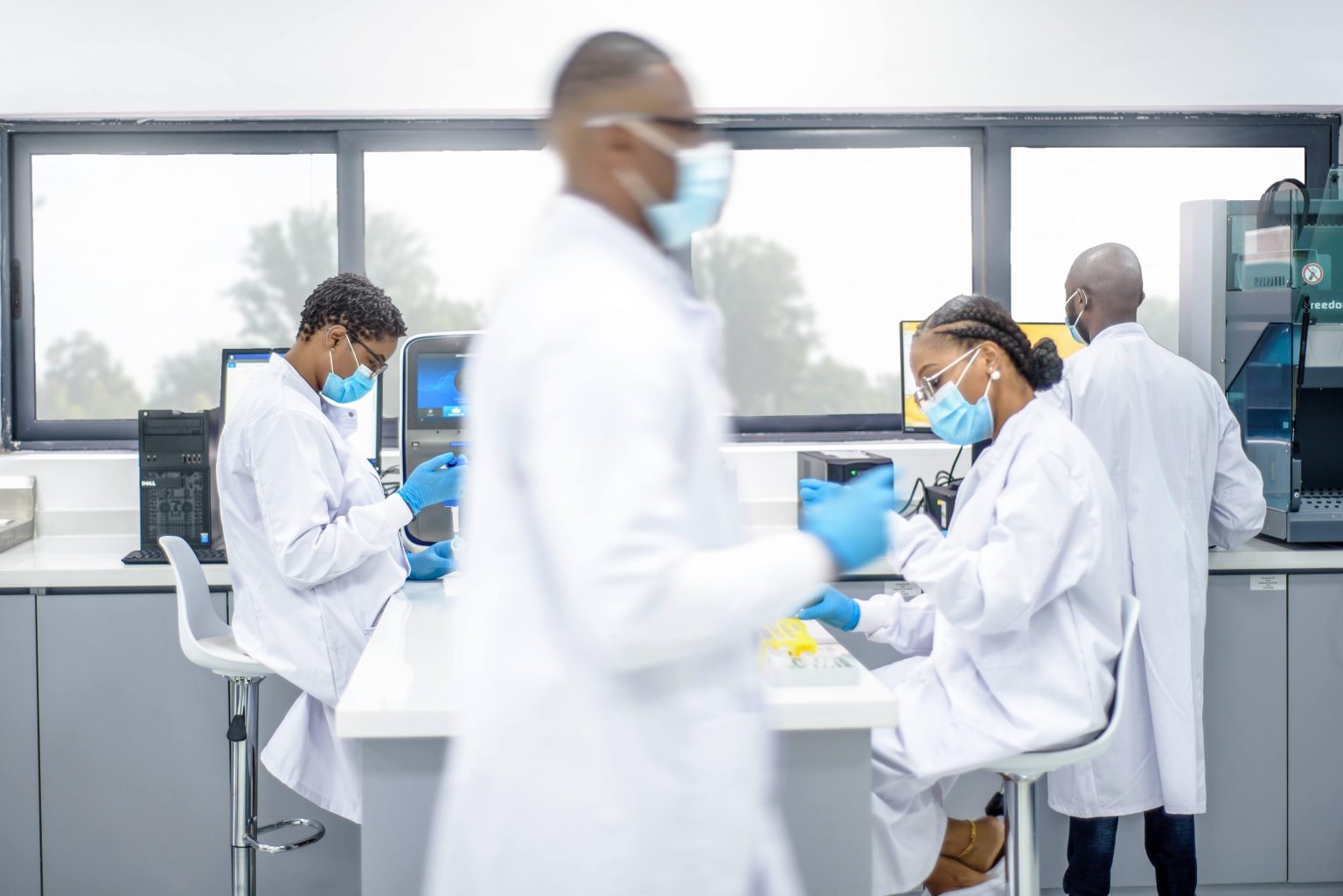Seven African tech startups have been named by the World Economic Forum (WEF) among its selection of the 100 most promising Technology Pioneers of 2021 – companies that are shaping industries from healthcare to retail and many more.
The WEF Technology Pioneers are early to growth-stage companies from around the world that are involved in the use of new technologies and innovation that are poised to have a significant impact on business and society.
This year’s cohort, which can be viewed here, includes representation from 26 economies on six continents, including seven from Africa.
The 100 selected companies will be invited to participate at World Economic Forum activities, events and discussions throughout the year. They will also contribute to Forum initiatives over the next two years, working with global leaders to help address key industry and societal issues.
Included this year are two Nigerian companies – Kuda, a full-service, digital-led bank, and 54gene, a health technology company tackling the disparity in healthcare research and clinical delivery through large-scale discovery and translational research, advanced molecular diagnostics, and clinical programmes for the benefit of Africans and the global population.
Kenya has two representatives in the form of Moringa School, a multi-disciplinary workforce development platform, and Sokowatch, which is connecting small shops to the digital economy.
Also named are Ghana’s mPharma, a technology-driven healthcare company; Zimbabwe’s FlexFinTx, which is empowering the 400 million Africans who lack proper forms of identification to build self-sovereign digital identities; and Ethiopia’s Cambridge Industries, which has developed the first waste-to-energy, sustainable city park in Africa.
“It’s a great privilege to be acknowledged as a pioneer by the World Economic Forum,” said Sokowatch’s Daniel Yu.
“We are continuously looking at how technology can transform the supply chain for informal retailers and improve access to goods for the mass market. The informal retail sector makes up 80 per cent of total retail but is extremely fragmented; introducing technology has enabled a simplified and seamless process that is slowly turning a traditionally unprofitable market into a profitable one.”
54gene’s Dr Abasi Ene-Obong said it was an honour to be recognised.
“This is testament to the outstanding collective output of the 54gene team to address global health disparities, and to imagine a world where precision medicine applies equally to all irrespective of one’s geographical location or economic status. There’s a long journey ahead and we look forward to continuing to collaborate and innovate with other mission-driven organizations all over the world,” he said.


